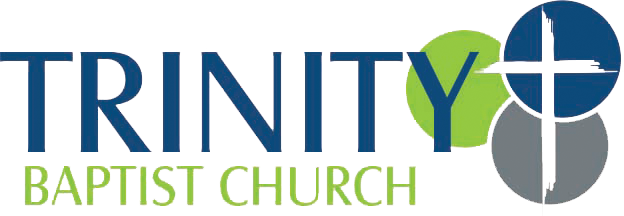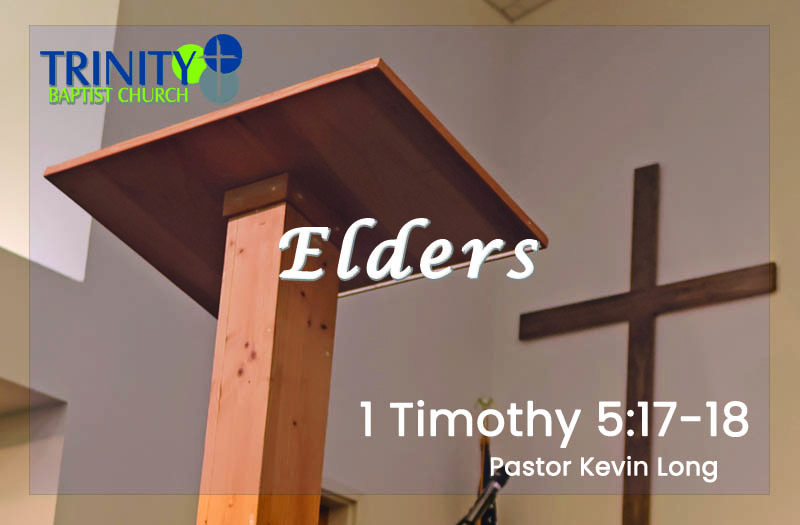Pastor Kevin Long preaches from 1 Timothy 5:17-18. God gives pastors (elders/overseers) to lead, feed, and guard His church. Because of the weight of that calling, Scripture tells the church to esteem them with double honor through respect and fair support; especially those who labor in preaching and teaching.
Who Is an “Elder or Pastor”?
-
Same office, different words: The New Testament uses elder, overseer/bishop, and pastor interchangeably for the spiritual leaders of a local church (see 1 Tim 3:1; Titus 1:5-9; 1 Pet 5:1–2).
-
Emphasis of each term:
-
Elder highlights maturity and example.
-
Overseer emphasizes watchfulness and responsibility.
-
Pastor (shepherd) focuses on feeding, guiding, and protecting the flock.
-
1. Elders who rule well (v. 17)
-
-
Rule = lead: Not perfect leadership, but faithful, humble, Scripture-shaped leadership.
-
Aim: Guide the congregation toward Christ, order the church’s life, and model a godly example.
-
2. Worthy of double honor (v. 17)
Double honor includes:
-
-
Respect: Esteem the office and the person; speak well, pray often, cooperate joyfully.
-
Compensate well: Provide fair, reliable financial care so pastors can focus on the Word and people (v. 18).
-
3. Especially those who labor in preaching and teaching (v. 17)
-
-
Sermon preparation, disciple-making, counseling with Scripture, doctrinal clarity—this is real, ongoing labor.
-
The flock is nourished by the Word; pastors are called to keep the table set (John 21:15–17; 2 Tim 4:2).
-
Gospel Focus
The church’s core task is to hold out the good news: all have sinned, Jesus lived perfectly, died as our substitute, and rose again. Everyone who turns from sin and trusts Him is forgiven and given new life. Pastors help keep that message central, clear, and close.
To watch other past sermons, visit our Sermon Page


